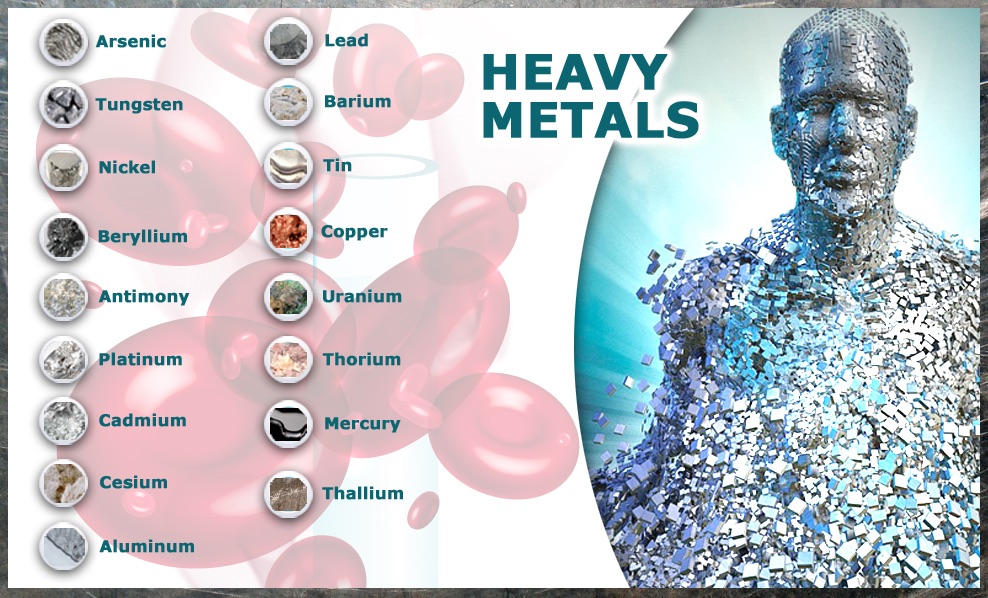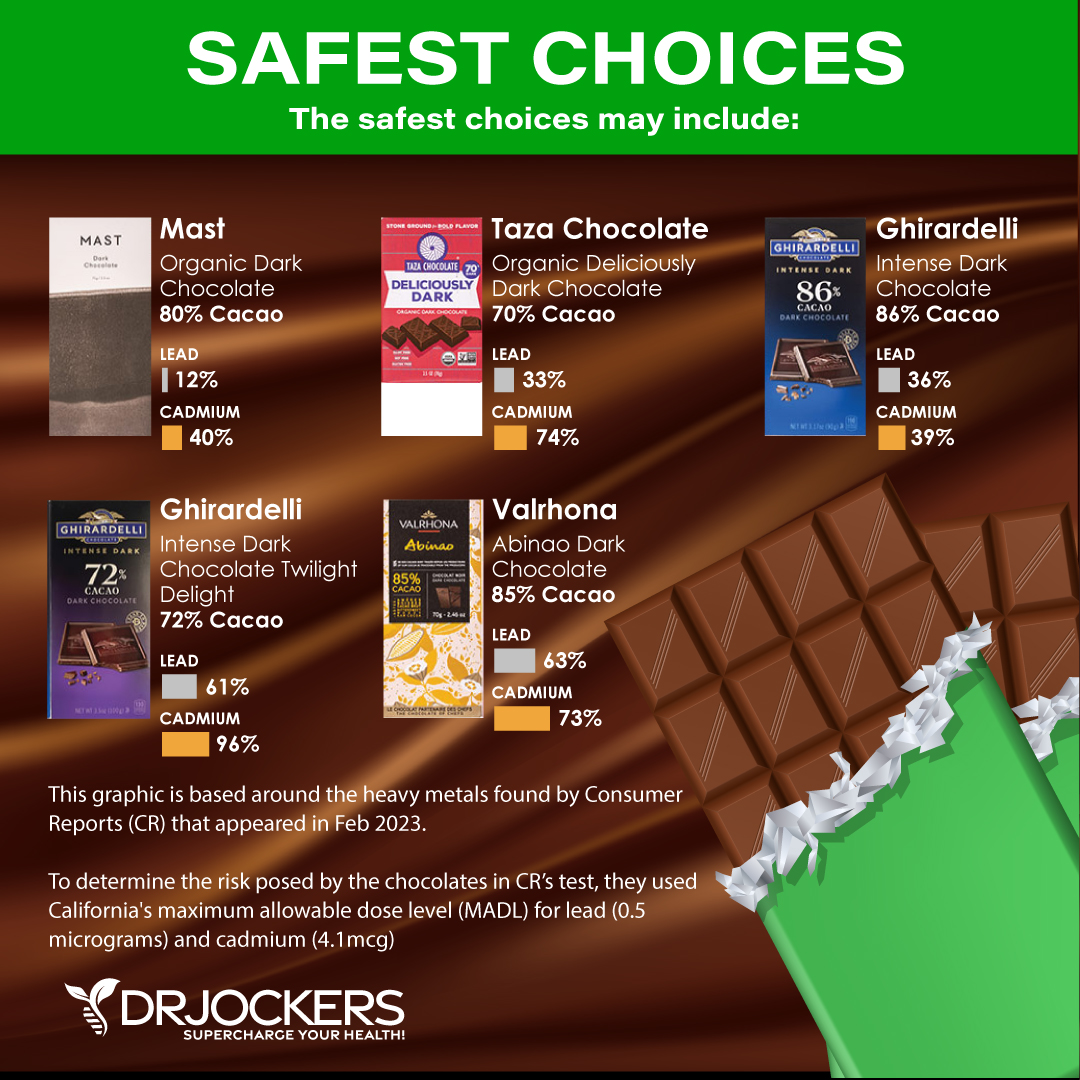Parents today are increasingly concerned about the safety of baby food, and for good reason. Recent reports have raised questions about whether popular brands like Little Journey contain heavy metals. This alarming issue has sparked widespread debate and scrutiny over the safety of infant nutrition. As a parent or caregiver, it's crucial to understand the potential risks and make informed decisions about what you feed your little ones.
Heavy metals in baby food have become a hot-button issue, with studies revealing trace amounts of toxic elements such as arsenic, lead, cadmium, and mercury in some products. While the presence of these metals in small quantities may not seem alarming, long-term exposure can have serious health implications, especially for developing infants. Understanding the science behind heavy metal contamination and its potential effects is vital for safeguarding your child's health.
In this comprehensive guide, we will delve into the topic of heavy metals in baby food, focusing specifically on the Little Journey brand. We'll explore the latest research, industry standards, and expert recommendations to help you make informed choices about your child's nutrition. Whether you're a concerned parent or a health-conscious caregiver, this article will provide you with the tools and knowledge to navigate this complex issue.
Read also:Discovering The Rich Flavors Of Pappardelle Sauce
Table of Contents
- Background on Heavy Metals in Baby Food
- Little Journey Brand Overview
- Scientific Research on Heavy Metals
- Regulations and Standards for Baby Food
- Analysis of Little Journey Products
- Health Impacts of Heavy Metals
- Preventing Heavy Metal Exposure
- Alternative Options for Baby Food
- Tips for Parents
- Conclusion and Call to Action
Background on Heavy Metals in Baby Food
Understanding Heavy Metals
Heavy metals are naturally occurring elements that can be found in soil, water, and air. While some heavy metals, like iron and zinc, are essential for human health, others, such as arsenic, lead, cadmium, and mercury, are toxic even in small amounts. These toxic metals can accumulate in the body over time, leading to serious health issues, particularly in children whose developing systems are more vulnerable.
Why Are Heavy Metals in Baby Food?
The presence of heavy metals in baby food is primarily due to environmental contamination. Crops used in baby food production can absorb heavy metals from polluted soil and water. Additionally, processing methods and packaging materials may contribute to contamination. While manufacturers strive to minimize exposure, eliminating heavy metals entirely from food products remains a challenge.
Little Journey Brand Overview
Little Journey is a popular brand known for its organic and nutritious baby food products. Founded with the mission of providing safe and wholesome nutrition for infants, the brand has gained a loyal following among health-conscious parents. However, recent concerns about heavy metal contamination have raised questions about the safety of their products.
Scientific Research on Heavy Metals
Studies on Heavy Metals in Baby Food
Several studies have investigated the presence of heavy metals in baby food. A notable report by the U.S. House of Representatives Subcommittee on Economic and Consumer Policy found alarming levels of heavy metals in some popular baby food brands. While Little Journey was not explicitly mentioned, the findings underscore the widespread nature of the problem.
Key Findings
- Many baby food products contain detectable levels of arsenic, lead, cadmium, and mercury.
- Organic products are not immune to heavy metal contamination, as the issue stems from environmental factors rather than farming practices.
- Long-term exposure to heavy metals can impair cognitive development and increase the risk of chronic diseases.
Regulations and Standards for Baby Food
Current Standards
Regulatory agencies such as the FDA and the European Food Safety Authority (EFSA) have set limits for heavy metal content in food products. However, these limits are not always strictly enforced, and some experts argue that they should be lower to protect vulnerable populations like infants.
Proposed Changes
Advocacy groups are pushing for stricter regulations and more frequent testing of baby food products. Manufacturers are also encouraged to adopt transparent practices, disclosing the results of their heavy metal testing to consumers.
Read also:Discover The Charm Of Black Horse Tavern A Timeless Culinary Experience
Analysis of Little Journey Products
Product Testing
Little Journey claims to adhere to strict quality control measures, including regular testing for heavy metals. While the brand has not been implicated in any major scandals, it is important for parents to remain vigilant and seek out third-party testing results when available.
Transparency and Accountability
Transparency is key in addressing consumer concerns. Brands like Little Journey can build trust by openly sharing their testing protocols and results. This not only reassures parents but also sets a benchmark for industry standards.
Health Impacts of Heavy Metals
Effects on Infants
Heavy metal exposure during early childhood can have devastating effects on physical and cognitive development. Studies have linked chronic exposure to heavy metals with reduced IQ, behavioral problems, and increased risk of neurodegenerative diseases later in life.
Long-Term Risks
- Neurological damage
- Developmental delays
- Increased susceptibility to chronic illnesses
Preventing Heavy Metal Exposure Dietary Diversity
One of the best ways to minimize heavy metal exposure is by ensuring a diverse diet. Incorporating a variety of foods can help reduce reliance on potentially contaminated products. Parents should also consider homemade baby food as an alternative, as it allows for greater control over ingredients.
Choosing Safe Products
When selecting baby food, look for brands that prioritize transparency and adhere to stringent safety standards. Check for third-party certifications and independent testing results to ensure the safety of the products you choose.
Alternative Options for Baby Food
Homemade Baby Food
Preparing baby food at home gives parents the ability to choose fresh, organic ingredients and avoid potential contaminants. While it requires more time and effort, homemade baby food can provide peace of mind and ensure the highest quality nutrition for your child.
Organic and Non-GMO Options
While organic certification does not guarantee freedom from heavy metals, it does indicate adherence to stricter farming practices. Non-GMO options may also reduce the risk of contamination, as genetically modified crops are often grown in areas with higher levels of environmental pollution.
Tips for Parents
Stay Informed
Keep up with the latest research and news regarding heavy metals in baby food. Follow reputable sources and join parenting communities to share information and support.
Advocate for Change
Parents have the power to drive change by demanding greater transparency and accountability from manufacturers. Contacting brands directly and supporting advocacy groups can help push for stricter regulations and safer products.
Conclusion and Call to Action
The question of whether Little Journey contains heavy metals remains a pressing concern for parents. While the brand has taken steps to ensure the safety of its products, the issue of heavy metal contamination in baby food is complex and requires ongoing vigilance. By staying informed, advocating for change, and making thoughtful choices about your child's nutrition, you can help protect their health and well-being.
We encourage you to share this article with other parents and caregivers, as raising awareness is the first step toward creating safer food options for our children. Leave a comment below to share your thoughts or ask questions, and explore our other articles for more insights on parenting and health.


